AI is creating entirely new job titles that would have sounded like science fiction just ten years ago. AI experts predict that tens of millions of new AI-enabled jobs will emerge in the next few years especially in tech and creative fields. While AI does automate many tasks, it’s opening up opportunities for roles that require human insight into overseeing AI systems.
Here’s five emerging roles expected to become common in the near future.
Existing Roles
Prompt Engineer
A Prompt Engineer specializes in crafting effective prompts and queries to get the best results from generative AI models like ChatGPT. As AI is adopted in content creation, customer service, and software development, the prompt engineer’s skillset has become invaluable for fine-tuning AI outputs. Demand for this role is rising with companies realizing that well-written prompts can dramatically improve an AI’s performance. Some tech firms and iGaming startups like 777 bet now offer salaries well into six figures for experienced prompt engineers.
AI Trainer / Data Annotator
AI systems learn from vast amounts of human-labeled data, and AI Trainers (also known as data annotators or labeling specialists) are the people who prepare that training data. They might tag images, transcribe audio, or rate AI-generated responses – all to teach the AI models to be more accurate. The need for this role has exploded alongside machine learning: modern AI models require massive datasets, and human workers are needed to label and curate this information.
In 2025, tens of thousands of people worldwide work with data annotation. This job has even become a common entry point into the AI field for non-engineers. A decade ago, such roles were niche but now they form the backbone of AI development.
Algorithm Bias Auditor
As AI takes on decisions in hiring, lending, and law enforcement, there’s a new need for specialists who can audit algorithms for fairness. An Algorithm Bias Auditor (or AI Bias Auditor) reviews AI systems to detect and correct discriminatory outcomes. This role emerged in response to real incidents where AI models showed bias. For example, recruitment or credit score algorithms that unintentionally favored certain groups.
AI Content Creator
AI artists use DALL·E, Midjourney, or Stable Diffusion to produce their work, while AI content creators use ChatGPT to generate written content or even screenplay drafts. What started as experimental play with AI art has grown into a legitimate career path.
These professionals blend human imagination with AI assistance to create visuals and text at scale. For instance, you can use ChatGPT to draft blog posts and Midjourney to brainstorm ad graphics. A decade ago, no one was hiring “AI artists,” but in 2025, generative AI creatives are on the rise, with some even earning six-figure salaries for their skills.
Future Roles
AI will give birth to even more novel careers. The following roles are to become common in the near future based on current trends and expert forecasts.
AI Compliance Officer
Now we see governments introducing regulations on AI, so companies are creating roles for AI Compliance Officers. This job is about developing and enforcing policies to ensure a company’s AI systems meet legal and ethical standards. It’s an evolution of the compliance manager role, now focused on AI risks and rules. In the EU, for example, upcoming AI laws will require firms to audit their high-risk AI systems. By 2025, we will see more jobs like AI Compliance Officer that are emerging to monitor AI decision-making and keep it within bounds.
AI Operations Manager
This role is essentially an IT operations manager for the AI era making sure that chatbots are all running correctly. Companies like PwC and Deloitte have already started hiring for AI operations and strategy roles to help clients roll out AI solutions. In the next few years, expect even traditional industries from logistics to healthcare to employ AI operations leads as part of their core teams.
Digital Twin Engineer
A Digital Twin Engineer creates virtual replicas of real-world systems. Whether it’s a product, a building, or an entire city, they can simulate and optimize performance using AI and data. This role sits at the intersection of AI, IoT and simulation technology.
AI-Assisted Healthcare Specialist
Far from replacing doctors, these specialists ensure that AI is correctly interpreted and applied in clinical settings. Hospitals and research labs are beginning to hire professionals who both understand medical science and can operate advanced AI diagnostic platforms. In the next few years, we expect roles like “medical AI analyst” or “clinical AI liaison” to become common, so that healthcare providers can safely integrate AI into patient care. This not only improves accuracy and efficiency in treatments, but also creates a new hybrid career path at the crossroads of technology and medicine.
AI’s impact on jobs is leading to net growth in employment. The World Economic Forum’s Future of Jobs 2025 report projects about 170 million new jobs created by AI and related technologies by 2030, compared to roughly 92 million jobs displaced (visualized above in green vs. red dots). That’s a net gain of 78 million jobs globally, underscoring how AI is generating more roles than it replaces.
These jobs have risen in recent years as a direct result of AI adoption. A decade ago, none of these positions existed in any meaningful way – now they are in high demand, with companies worldwide scrambling to hire talent for these roles.
As these examples show, AI is not just taking away work, it’s actively inventing new kinds of work. From tech giants in Silicon Valley to startups in Asia and government agencies in Europe, organizations around the world are embracing these AI-driven roles.




